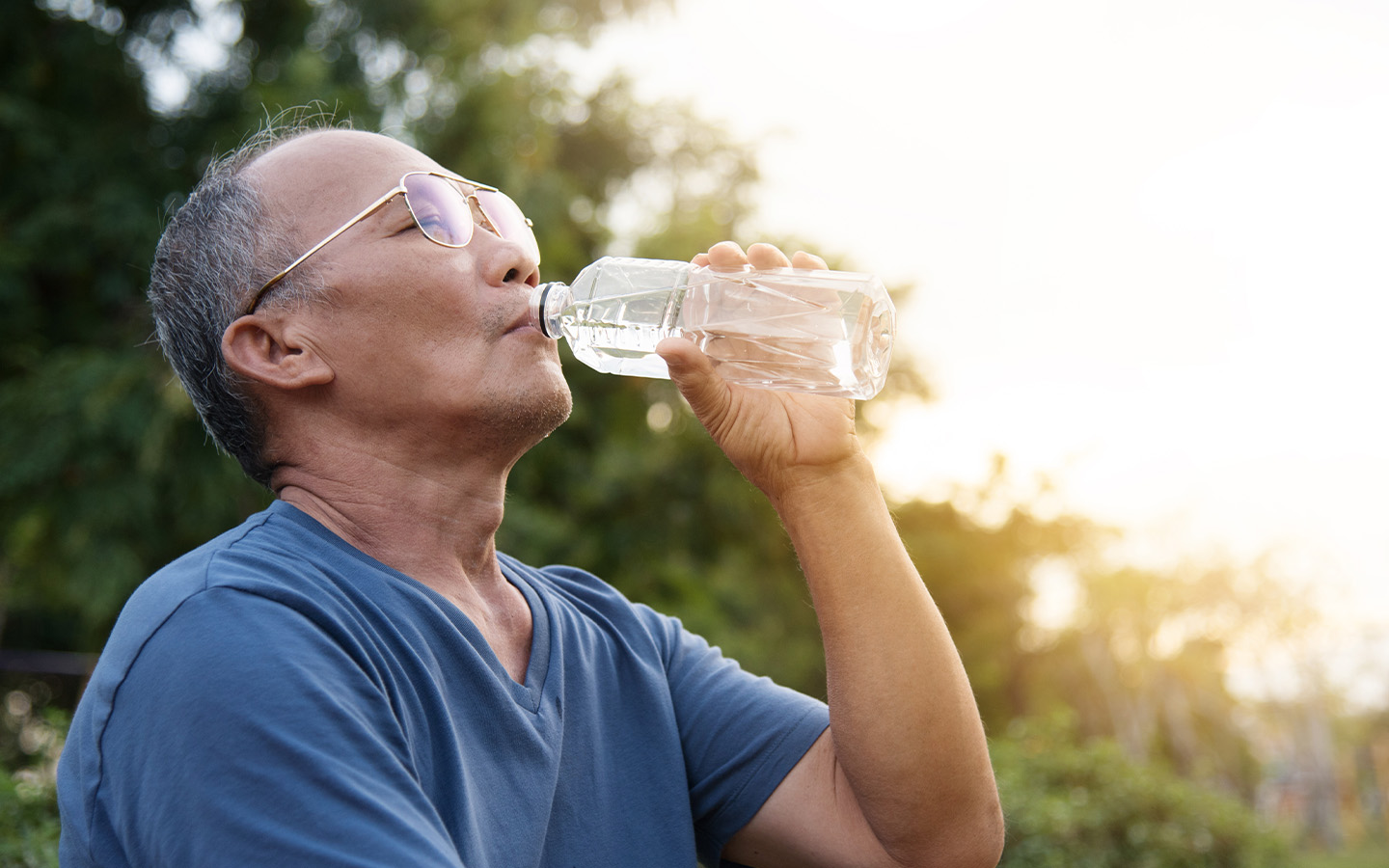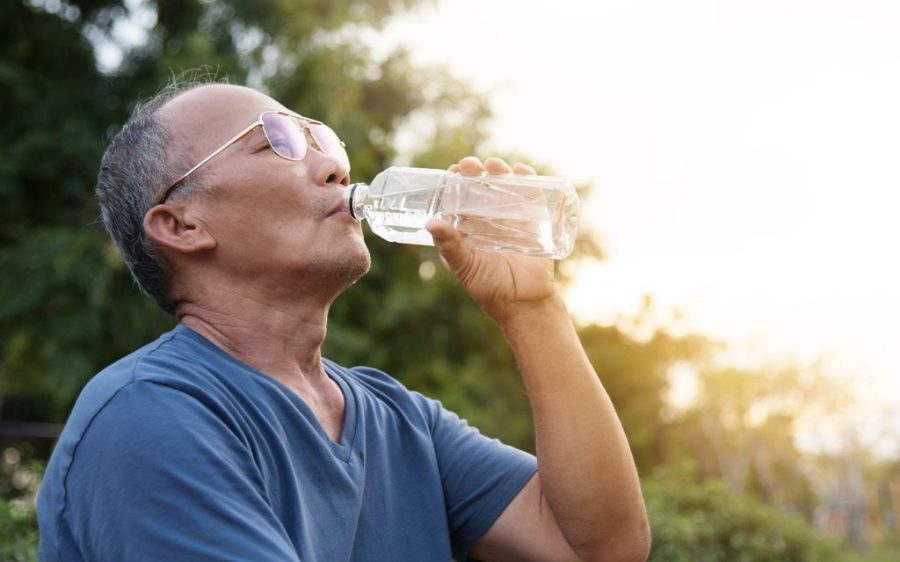A new study reveals an invisible health threat tied to repeated heatwave exposures, showing that damage done by sweltering temperatures increases our risk of developing age-related illnesses.
Experts have long understood that exposure to extreme heat, particularly for long periods of time, can harm human health. Impacts range from dizziness to organ damage to death, with around 489,000 heat-related deaths annually between 2000 and 2019. But a new study published in Nature Climate Change – and reported in Nature – reveals that none of us truly escape repeated heatwaves unscathed. The findings suggest that even moderate increases in cumulative heatwave exposure increase biological age – a measure far more reflective of health than chronological age – to an extent comparable to regular smoking or alcohol consumption.
“The fact that heatwaves age us is surprising,” Professor Paul Beggs, an environmental health scientist at Macquarie University in Sydney, Australia, who was not involved in the research, told Nature. “This study is a wake-up call that we are all vulnerable to the adverse impacts of climate change on our health. It reinforces calls for urgent and deep reduction in greenhouse gas emissions.”
[See more: Extreme heat worsen by climate change is a growing workplace hazard, report finds]
To assess the long-term impacts of extreme-heat exposure, researchers analysed data from medical examinations done in Taiwan between 2008 and 2022, a period in which the country experienced around 30 heatwaves. Tests included assessments of liver, lung and kidney function, blood pressure and inflammation, which were used to calculate biological age. Researchers then used participants’ addresses to estimate likely extreme-heat exposure in the two years prior to their medical visit, comparing their total cumulative exposure with their biological age.
Among the 25,000 adult participants, researchers found that for every extra 1.2°C a person was exposed to, an average of around 0.023–0.031 years was added to their biological clock. “While the number itself may look small, over time and across populations, this effect can have meaningful public-health implications,” Cui Guo, an environmental epidemiologist at the University of Hong Kong, who led the study, told Nature.
Recent research has also shown how early life heat exposure negatively impacts the brain development of children, Beggs pointed out to the Guardian. “Coupled with the new finding that heatwave exposure accelerates ageing in adults, we have a paradigm shift in our comprehension of the extent and gravity of heat’s impact on our health. The impact can occur at any age and can be lifelong.”






